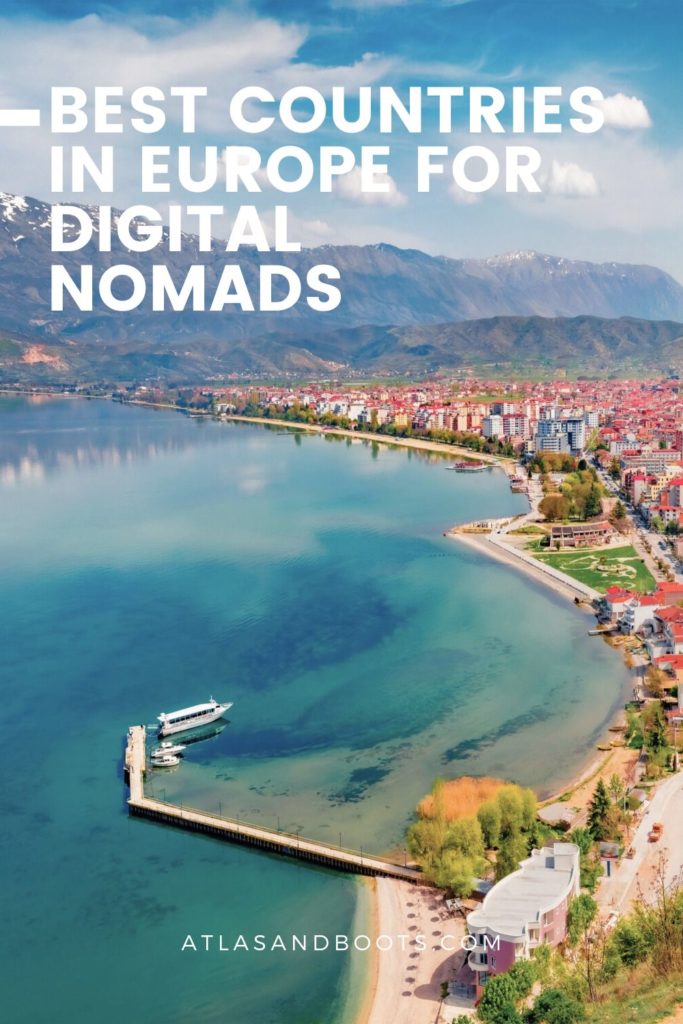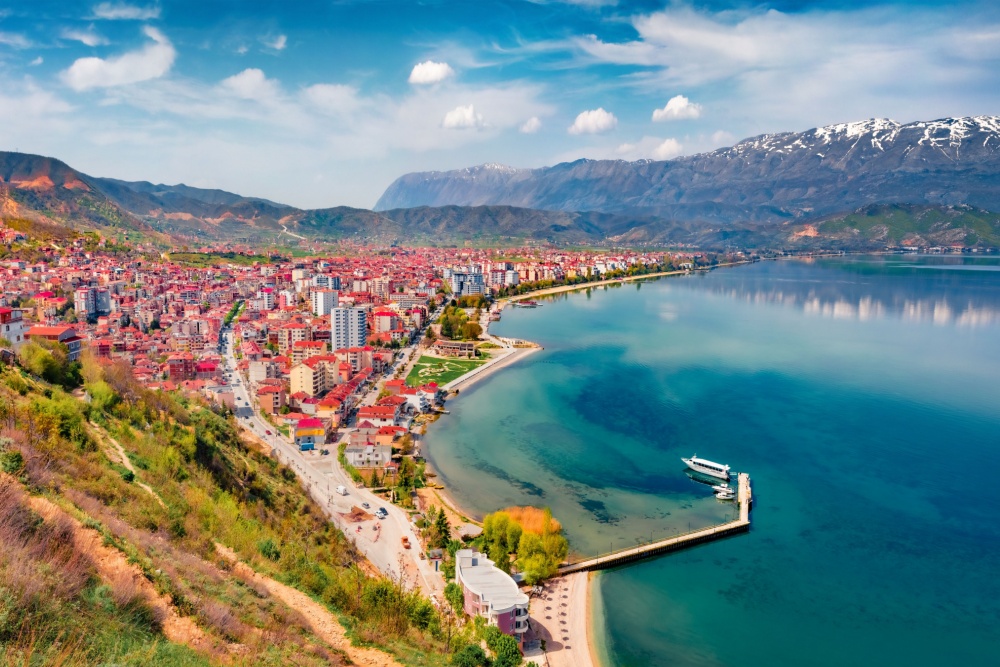
Sun, sea and sangria? We take a look at the best countries in Europe for digital nomads that offer both freedom and finance
It’s no secret that the number of remote workers globally is soaring. While travelling the world as a digital nomad can undoubtedly be complicated, a growing number of countries have introduced initiatives and remote work visas to smooth the way for flexible employees – and Europe is leading the way.
Recently, digital nomad visas have seen a meteoric rise in popularity with more and more countries introducing them to tempt remote workers. In Europe, these visas typically last from six months to a year but can be for longer. They can also come with tax exemptions or discounts offered to the holders.
For the host countries, remote workers are a great way to boost the economy and attract new visitors. The main difference is that workers are expected to be employed by a foreign entity rather than businesses within the country they’re temporarily living in.
With this in mind, we’ve teamed up with Yesim, a leading provider of eSIMs for both tourism and business, to pick out the best countries in Europe for digital nomads.
What is an eSIM?
An eSIM is not a physical SIM card. As such, you do not have to open up your phone, trim the card down to size and stick it into a fiddly slot. Instead, it is a virtual card preinstalled on your phone. To use it, you simply buy a package (known as an ‘eSIM profile’) from a supplier.
The eSIM will connect your device to a local mobile network on the fly, which means that you can quickly sign up for service without having to track down a physical store and install a traditional SIM card.
Yesim offers a range of eSIM services including single-country, regional and global data packages. Their International eSIM packages are based on a pay-as-you-go model, meaning users only pay for the data they use.
Yesim also offers a virtual numbers service, enabling users to receive international SMS messages or messenger calls securely. These second-line numbers are compatible with services such as WhatsApp, Telegram, Facebook, Instagram, TikTok, Tinder and Google among others.
Best countries in Europe for digital nomads
For each destination, we’ve recommended an eSIM to get you online from the moment you land. To help get you started, use promo code ATLAS3 at checkout to get €3 off your first order of any Yesim data package or virtual number.
1. Portugal
Length of stay: less than 12 months
Cost: from €75
More information: vistos.mne.gov.pt
Get an eSIM for Portugal: yesim.app

Portugal was recently named the world’s best country for remote workers thanks to its visa and digital nomad schemes as well as its great weather, safety and high English proficiency.
Portugal launched the world’s first digital nomad village, Digital Nomads Madeira. The new and flexible initiative seeks to attract digital nomads from around the world to use free co-working spaces and internet as well as subsidised accommodation on the island of Madeira – nicknamed the Pearl of the Atlantic.
To work elsewhere in Portugal, there is a temporary resident visa known as a D7 passive income visa available as well as a residence permit for remote workers and the self-employed for 12 months with the option to renew for up to five years.
2. Spain
Length of stay: up to 12 months
Cost: from €80
More information: exteriores.gob.es
Get an eSIM for Spain: yesim.app
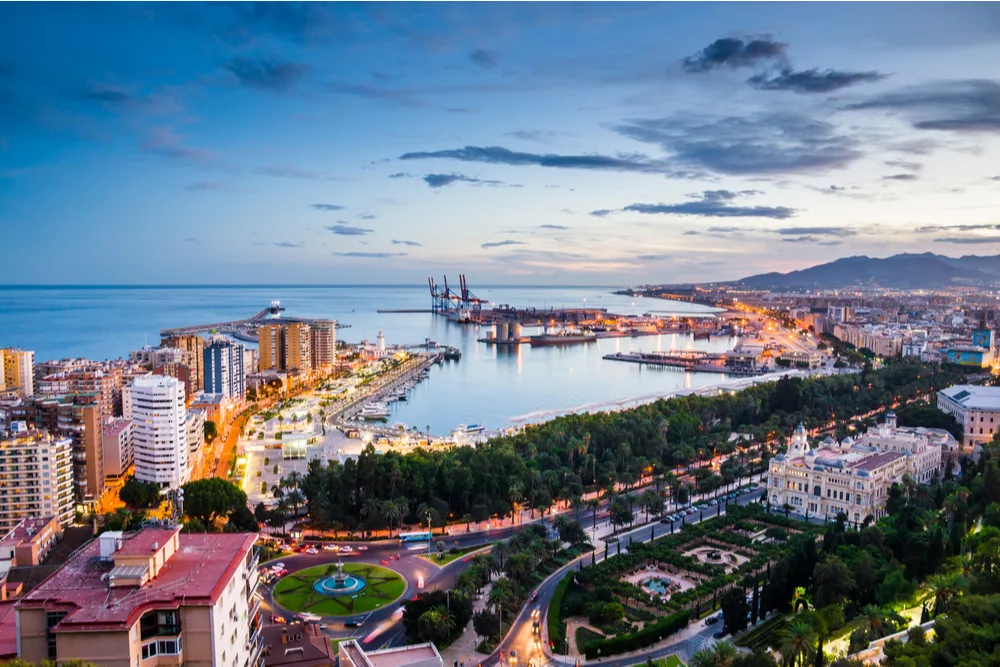
Spain’s recently announced and much-anticipated Digital Nomad Visa was part of the country’s new Startup Act. The act has made it easier for startups to attract entrepreneurs, investment and – significantly – remote workers. The new law helps non-residents to work remotely for foreign companies in Spain without requiring a full work visa.
3. Romania
Length of stay: up to 12 months
Cost: from €120
More information: mae.ro
Get an eSIM for Romania: yesim.app

Romania has some of the world’s fastest and cheapest internet which, coupled with its relatively low cost of living, has made it the third-best country for remote workers. Romania is also a beautiful and culturally rich destination and has a range of co-working spaces available.
The country has now launched a 12-month digital nomad visa for non-EU citizens aiming to attract 2,000 digital nomads annually. Applicants must have a wage three times higher than the average monthly income of Romanian nationals (i.e. €3,300 compared with €1,100).
4. Malta
Length of stay: up to 12 months (but can be renewed for up to three years)
Cost: from €327.50
More information: nomad.residencymalta.gov.mt
Get an eSIM for Malta: yesim.app

Malta has now extended its nomad residence permit to allow remote workers from around the world to stay in the country for up to a year. As an EU member state, Malta already welcomed digital nomads from the EU but expanded the existing program to permit applicants from non-EU countries, including individuals from the US and UK among others.
5. Czech Republic
Length of stay: up to 12 months
Cost: from €205
More information: mzv.gov.cz
Get an eSIM for Czech Rep: yesim.app

The central European country of the Czech Republic has a freelancer visa called the ‘Zivno’, although it has been described as notoriously complicated to navigate. Several nomads have suggested it’s easier to hire a specialist to guide you through the process.
Applicants must have a trade license in one of several specified fields. They must also provide proof of accommodation for at least 12 months, pay a local tax of around €80 per month, pay a visa fee of 5,000 CZK (€205), and have proof of funds of around €6,000.
6. Croatia
Length of stay: up to 12 months
Cost: from €87.59
More information: mup.gov.hr
Get an eSIM for Croatia: yesim.app

Croatia is known for its glittering Mediterranean coast, bevy of rocky islands and historic old towns of Dubrovnik, Split and Hvar. Recently, it expanded its short-term residency permits to welcome travellers from outside the European Union.
In 2023, Croatia adopted the Euro as its currency and has since seen a rise in the cost of living. That said, it is still cheaper than most Western European countries.
7. Albania
Length of stay: from 90 days
Cost: varies
More information: e-visa.al
Get an eSIM for Albania: yesim.app
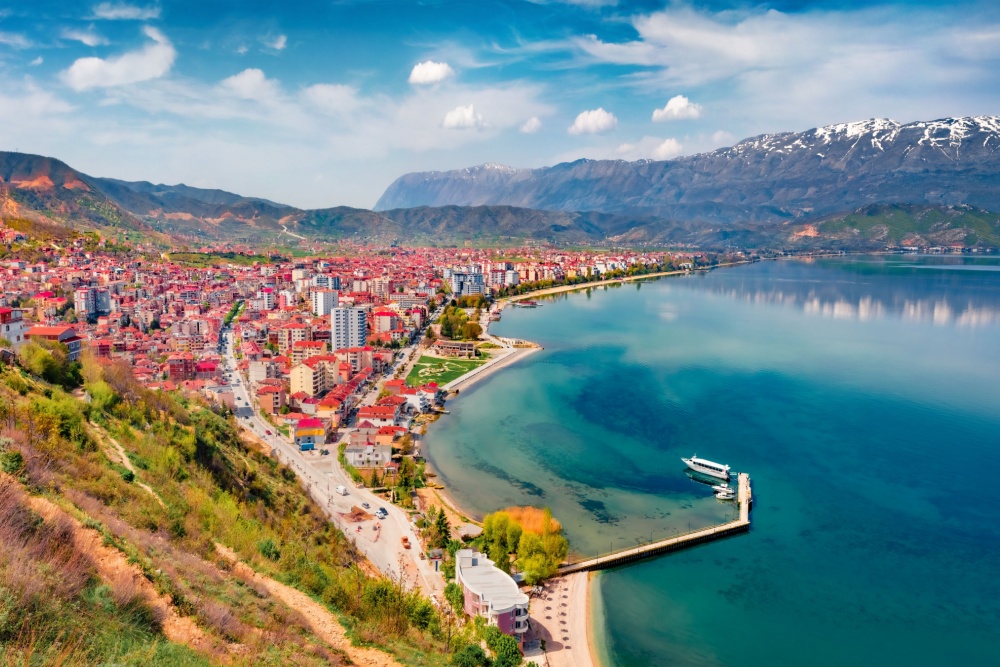
Just a little further up the Adriatic coast from Croatia, Albania has much to offer to digital nomads. Traditional villages, sun-soaked beaches and turquoise waters aside, Albania also has reliable internet, a lower cost of living and a new visa designed to lure remote workers. As such, it is fast becoming a popular hotspot for digital nomads.
Under Albania’s new Unique Permit scheme, digital nomads can apply for a Type D visa to stay in the country for up to a year, renewable for up to a further five years. The new scheme cuts through a lot of the red tape and streamlines the application process.
8. Georgia
Length of stay: up to 12 months (visa-free)
Cost: 20% income tax for stays more than 183 days
More information: migration.commission.ge
Get an eSIM for Georgia: yesim.app

Georgia is a land of deep green gorges, snow-capped summits and implausibly placed medieval churches. It’s also a place of rich culture and history, as we discovered on our travels through the country. It also has a remarkably liberal visa policy for digital nomads.
Currently, residents of 95 countries are allowed to stay and work remotely from Georgia for up to a year. For the first six months, you won’t be charged a thing and then a 20% income tax will kick in. The country also has a low cost of living, a range of coworking spaces available (particularly in the capital, Tbilisi) and fantastic access to the outdoors.
9. Estonia
Length of stay: up to 12 months
Cost: from €80
More information: e-resident.gov.ee
Get an eSIM for Estonia: yesim.app
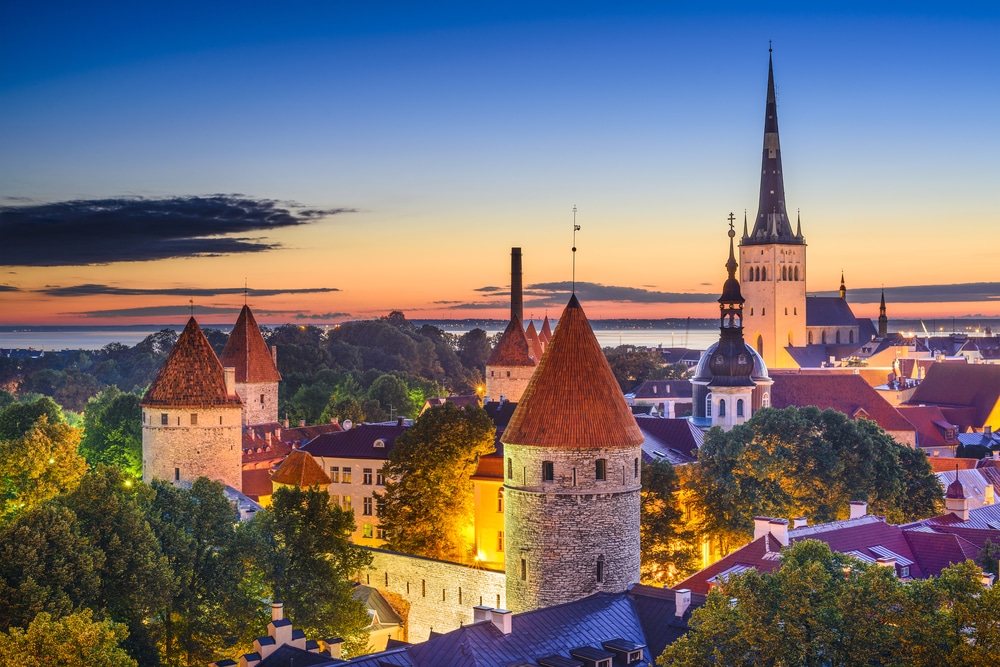
In 2020, Estonia launched a new visa scheme for digital nomads permitting remote workers to live in Estonia and legally work for their employer or their own company (as long as it’s registered abroad).
Applicants must already have employment with a non-Estonian company, conduct business through a non-Estonian registered company abroad or work as a freelancer for mainly registered clients; and demonstrate an income of at least $4,200 for the six months preceding their application.
10. Greece
Length of stay: up to 12 months (with an option to extend another 12 months)
Cost: from €275
More information: uk-gr.gvcworld.eu
Get an eSIM for Greece: yesim.app

Greece was already one of the best countries in Europe for digital nomads with EU residency, but in 2021, it announced there would be several steps put in place to encourage non-EU foreign workers to move to the country after years of austerity led to a ‘brain drain’ in the country following the Greek debt crisis of 2011.
Incentives include a streamlined application process and a series of tax breaks. However, applicants must be EU travel residents and self-employed, freelancers or employees of a company based outside Greece.
Enjoyed this post? pin it for later…
